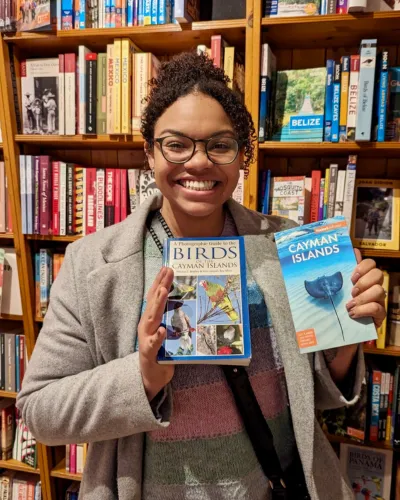
Chanelle Scott
Chanelle Scott returned to King’s Department of Global Health and Social Medicine (GHSM) for her PhD studies, after completing her undergraduate studies at the department in 2021 and her MPhil at the University of Cambridge in Health, Medicine, and Society.
Chanelle believes firmly that health is, and should always be, considered more than a medical matter. That means taking seriously the social, political, economic, and historical, alongside the biological.
It was her time with the GHSM department that cemented her interest in Reproductive Sociology and Gender and Sexuality Studies. Since then, her research has focused on the lived experience of women's engagement with new and emerging reproductive technologies, such as egg freezing and hormone fertility testing.
Her research project aims to explore the new landscape of Direct-to-Consumer fertility testing. Taking an STS (science and technology studies) perspective and drawing on a Grounded Theory approach, this reproductive sociology project seeks to critically examine the promises of these tests and their reception by users. The project speaks to many prominent reproductive health issues, including our ideas of informed decision-making, reproductive education, and awareness, as well as the commercialisation of fertility and reproduction.
Chanelle is involved in a number of research initiatives inside and outside of the department, including Cambridge's ReproSoc research group, led by Sarah Franklin, as well as GHSM's own Reproduction Cluster, led by Lucy van de Wiel. She is also the Postgraduate representative for the GHSM PhD cohort and a Graduate teaching assistant in the department.
Project title: Re-imagining the fertile body: Exploring women’s thoughts and experiences of direct-to-consumer hormone testing.